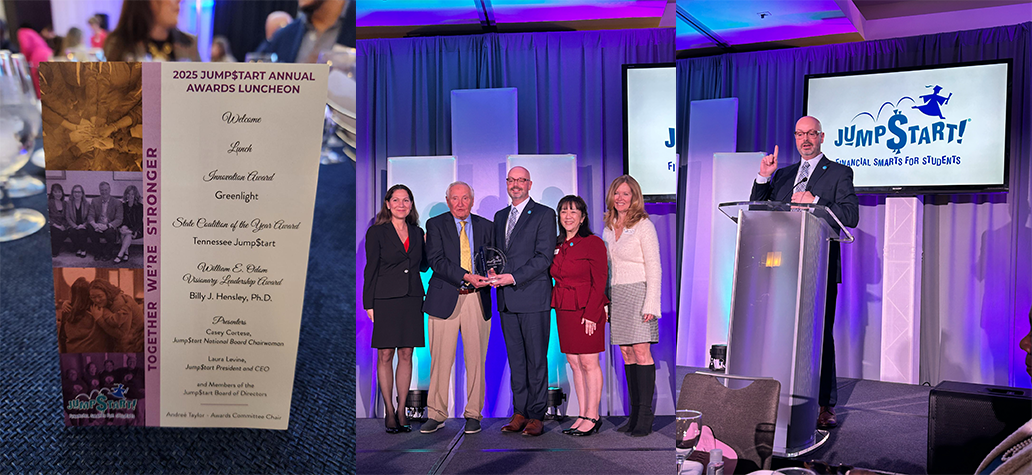Respondents Who Received High School Financial Education Report It Being Beneficial
DENVER—The National Endowment for Financial Education® (NEFE®) has collected extensive and specific data on the financial well-being of U.S. adults living in multigenerational households—generally defined as individuals who live with and/or support adult or juvenile children, parents, grandparents, etc. Respondents say they spend an average of $500 a month in support of other adults in their life—including adult children—and 73% report their caregiving or financial responsibilities to others in their household have required them to make unexpected financial changes.
“Multigenerational households, because of their make-up and unique circumstances, often encounter many of the same financial issues as nuclear or single parent families, but instead of encountering these issues progressively, they are more likely to face them concurrently. This adds a level of complexity for how to properly prepare for the financial present and future. This poll identifies many of the different issues and decisions that must be made within multigenerational households. Reassuringly, the data indicates that financial education, while not a single solution, is an aid to those who received it in high school.
-- Billy Hensley, Ph.D., president and CEO of NEFE
NEFE and SurveyUSA conducted an in-depth poll of U.S. adults living in multigenerational households. The poll asked about household composition, levels of independence and interdependence, and economic concerns and expectations. Data collected, when combined with data from previous NEFE polls on financial well-being, provide a broad perspective of the demographic’s overall financial well-being. Insights from the polling include:
- Respondents who said they have a quality of life that is “worse than expected” totaled 46%. However, for respondents who received financial education in high school and found it useful, 67% found their quality of financial life to be “better than expected.”
- Many respondents say that financial pressures of their generation are tougher than their parents' generation (65%) and the financial pressures of their generation will be tougher than the generation(s) after them (48%).
- Respondents are more likely to state the economic conditions of their community are excellent or good (37%) compared to the economic conditions of the country (27%).
Notable data points from the poll include:
- Respondents ages 18-49 years old say the median amount they spend per month to support other adults is $500. For those over 50 years old, it is $400.
- 49% support adult children or grandchildren. Of that group, the most common form of financial support is by providing a place to live (47%) and help with living expenses (44%).
- 73% report their caregiving or financial responsibilities to others have required them to do things they otherwise would not do, such as taking out credit card debt (20%) or other personal debt (16%), delaying a life event (19%), making an unplanned withdrawal from a retirement fund (13%) or delaying retirement (11% among those aged 50-64 years old).
- 46% rate their quality of life as “worse than expected.”
- 11% have helped raise children that were not their own.
- 14% have returned to work or taken an additional job.
A breakdown of key demographic data from the poll is available in the poll summary document and “Multigenerational Household Poll Analysis: Summarizing the Family Makeup,” the first in a series of analyses of what multigenerational household families face.
For more on this survey, visit the NEFE website.
SurveyUSA Full Methodology
SurveyUSA interviewed 1,475 U.S. adults online from August 5-7, 2024, using nonprobability sample of adult online panelists chosen randomly by Lucid Holdings LLC of New Orleans. Of the adults, 812 were identified as living in multigenerational households and were asked substantive survey questions. Multigenerational households, for the purpose of this research, are defined as respondents who either live with adult children over 25 years old, live with grandchildren of any age, or (for respondents over 25 years old) live with parents or other relatives, as well as respondents living alone, with a spouse, or with their own children under 25 years old who also provide financial support to children who live in another household or who provide unpaid care, help, or financial support to adult relatives or friends who need assistance. The pool of adult respondents was weighted to U.S. Census ACS targets for gender, age, race, education, and home ownership, and to recalled 2020 presidential vote.

